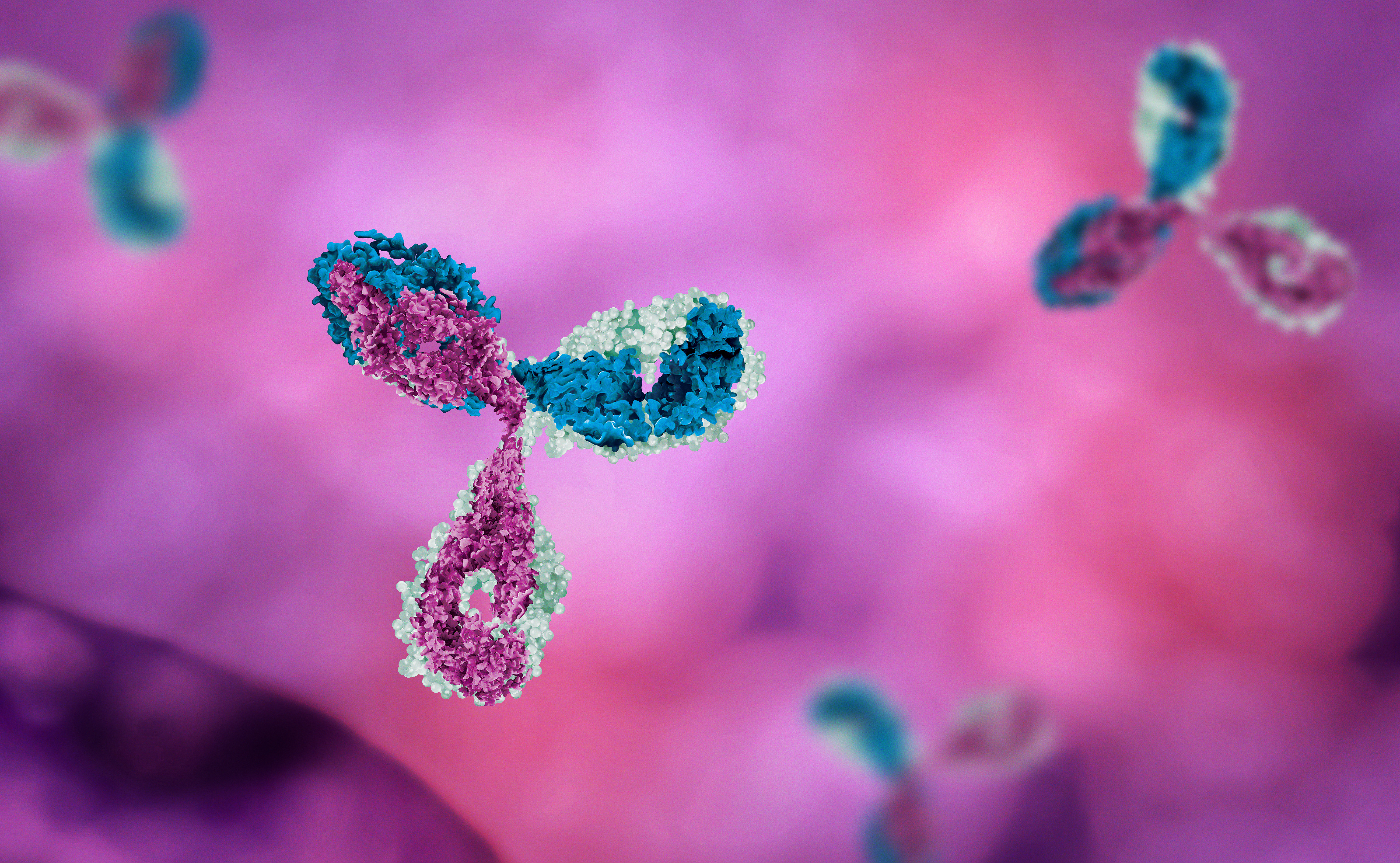
This summer has seen a major leap forward in slowing the rate of progression of Alzheimer’s disease.
The concluding results from a Phase III clinical trial released in July 2023 confirmed that donanemab, made by Eli Lilly, slowed cognitive decline in early Alzheimer’s patients by 35%. Half of the over 800 participants given the treatment showed no clinical progression after one year on the drug, compared to around 30% in the placebo group1.
Why is this so significant?
The lack of progress in finding potential therapeutic options for Alzheimer’s disease has troubled clinicians, patients, and caregivers for many years. According to the World Alzheimer’s Report 2015, if global dementia care were a country, it would be the 14th largest economy in the world. So why could we come up with a COVID vaccine within a year of the start of the pandemic2, but not be any closer to finding an effective therapy for a disease which affects around 36 million people worldwide, after decades of research and funding?
The answer mainly comes down to a lack of clear understanding of its pathogenesis.
What we do know is that Alzheimer’s disease is characterised by a pathogenic build-up of two toxic proteins in the brain: beta-amyloid and tau. At first, amyloid proteins aggregate to form plaques between brain neurons. These begin to block the space that they occupy. In the later, more severe stages of the disease, something triggers the formation of neurofibrillary tangles of the tau protein inside neurons. At this stage, the disease manifests in the most severe symptoms. The recent Eli Lilly study has revealed that donanemab can slow cognitive decline most effectively by removing the amyloid plaques between neurons before the tau spreads inside neurons3.
How does donanemab work?
Donanemab is type of immunotherapy. Immunotherapy has recently been in the spotlight for the treatment of cancer and autoimmunity, but in fact, drugs that target or facilitate an immune response have many applications. In the context of Alzheimer’s, donanemab is a therapeutic antibody that binds to the pathogenic plaques of beta-amyloid protein that accumulate in the brain3. This binding event flags that the plaques need to be eradicated by the immune system. In fact, results of the trial suggest that donanemab can clear nearly 90% of amyloid plaques from the brain, which seems to be enough to slow the rate of cognitive decline1,3.
So, is this a cure?
No – donanemab does not offer a cure for Alzheimer’s. The clinical state of patients did not improve on the drug, however the fact that disease progression was slowed compared to a placebo group is a major triumph. This means that patients will be able to live independently for longer, lessening the burden on caregivers and healthcare systems, and importantly retaining a sense of self in those suffering.
Are there any other drugs in development?
Similar drugs are currently going through trials. The most advanced of these is Lecanemab, developed by Eisai and Biogen. Lecanemab is also an antibody therapy that binds to amyloid, but unlike donanemab, Lecanemab binds as the fibres begin to form, whilst donanemab binds to amyloid once these fibres formed a larger plaque in the brain4. The US Food and Drug Administration (FDA) gave accelerated approval to lecanemab earlier this year, and is currently being reviewed by EU and UK regulators. The results of the most recent clinical trials demonstrate the drug to reduce the rate of disease progression by 27%5. Having various antibody-based drugs provide such promising trial results affirms our current paradigm of Alzheimer’s disease which has long been the subject of debate and the focal point of research.
Are there any side effects?
Due to their immunotherapeutic nature, donanemab and lecanemab have demonstrated similar side-effects. Immune responses, particularly those in the brain, can cause swelling as fluid carrying immune cells and other factors flood to the target site. This is normal, and will self-resolve in most cases, but in rare cases the swelling can be fatal. In the Eli Lilly trial, nearly 25% of treated patients experienced brain swelling or bleeding, compared with only 2% in the control group, though serious problems were rare. Three people treated with donanemab died during the trial, and one person passed in the control group3.
Despite this, donanemab represents a promising and exciting progression in Alzheimer’s drug development. Although we are still a long way off a cure, these developments have raised hopes that we will one day be able to halt the spread the disease entirely.
What can we do to help?
This year, our team in London voted for The National Brain Appeal as their Mewburn office charity. The National Brain Appeal raises funds for The National Hospital for Neurology & Neurosurgery and the UCL Queen Square Institute of Neurology (together known as Queen Square). This is one of the world’s leading centres for the diagnosis, treatment, and care of patients with neurological and neuromuscular conditions including dementia. You can find out more about their projects to date on their website here and we look forward to supporting new and exciting inventions in this important field.
References
- Sims JR, Zimmer JA, Evans CD, et al. Donanemab in Early Symptomatic Alzheimer Disease: The TRAILBLAZER-ALZ 2 Randomized Clinical Trial. JAMA. 2023;330(6):512–527. doi:10.1001/jama.2023.13239
- https://wellcome.org/news/quick-safe-covid-vaccine-development
- https://www.theguardian.com/society/2023/jul/17/what-impact-will-alzheimers-drug-donanemab-have
- https://www.alzheimers.org.uk/blog/what-is-donanemab-alzheimers-drug
- https://investors.biogen.com/news-releases/news-release-details/lecanemab-confirmatory-phase-3-clarity-ad-study-met-primary
Amelia is a trainee patent attorney in our life sciences team. Amelia has an undergraduate BSc degree in Biochemistry from Cardiff University with an Industrial placement at GlaxoSmithKline and a PhD Cancer Sciences from University of Manchester.
Email: amelia.jones@mewburn.com
Sign up to our newsletter: Forward - news, insights and features
Our people
Our IP specialists work at all stage of the IP life cycle and provide strategic advice about patent, trade mark and registered designs, as well as any IP-related disputes and legal and commercial requirements.
Our peopleContact Us
We have an easily-accessible office in central London, as well as a number of regional offices throughout the UK and an office in Munich, Germany. We’d love to hear from you, so please get in touch.
Get in touch

